Find the perfect shell and tube heat exchanger for sale from reputable manufacturers. This guide covers types, applications, selection criteria, and considerations for purchasing a high-quality unit. Learn how to choose the right exchanger for your specific needs and avoid common pitfalls.
Understanding Shell and Tube Heat Exchangers
What are Shell and Tube Heat Exchangers?
Shell and tube heat exchangers are industrial heat transfer devices used to efficiently transfer heat between two fluids. They consist of a cylindrical shell containing a bundle of tubes. One fluid flows through the tubes, while the other flows around the tubes within the shell. This counter-current or co-current flow pattern facilitates optimal heat transfer. They are known for their robust construction, high thermal efficiency, and ability to handle high pressures and temperatures. Various types cater to diverse applications, from power generation to chemical processing.
Types of Shell and Tube Heat Exchangers
Several designs exist, each optimized for different applications and operating conditions. Common types include:
- Fixed Tube Sheet Heat Exchangers: Simple and cost-effective, suitable for lower pressure applications.
- U-Tube Heat Exchangers: Allow for thermal expansion and easier tube bundle removal for maintenance.
- Floating Head Heat Exchangers: Accommodate significant thermal expansion, ideal for high-pressure and temperature applications. This type is often preferred for applications with larger temperature differences between fluids.
Factors to Consider When Buying a Shell and Tube Heat Exchanger
Capacity and Efficiency
The required heat transfer capacity (BTU/hr or kW) is crucial. Consider the flow rates, temperatures, and specific heat capacities of the fluids involved to determine the necessary size and efficiency of the shell and tube heat exchanger for sale. Manufacturers provide detailed specifications and performance curves to aid in selection.
Materials of Construction
Material selection depends on fluid compatibility, operating temperature, pressure, and corrosion resistance. Common materials include carbon steel, stainless steel, copper, and various alloys. Selecting the right material is vital for longevity and operational safety. For instance, stainless steel offers superior corrosion resistance for certain applications.
Pressure Ratings and Operating Temperatures
Ensure the exchanger's pressure and temperature ratings exceed the anticipated operating conditions. Proper safety margins are essential to prevent leaks or failures.
Maintenance and Cleaning
Consider the ease of maintenance and cleaning. U-tube and floating head designs generally offer better access for cleaning and tube bundle replacement.
Choosing the Right Manufacturer
Selecting a reputable manufacturer is paramount. Look for manufacturers with proven track records, robust quality control processes, and excellent customer support. Consider factors such as experience, certifications, and customer testimonials. Check for available warranties and after-sales service.
Where to Buy Shell and Tube Heat Exchangers
Numerous suppliers offer shell and tube heat exchangers for sale. Online marketplaces and specialized industrial equipment suppliers can provide a wide selection. For specialized requirements or custom designs, consulting directly with a manufacturer is recommended. One such reputable manufacturer is Shanghai SHENGLIN M&E Technology Co.,Ltd, a leading provider of high-quality heat exchange solutions.
Comparison Table of Common Shell and Tube Heat Exchanger Types
| Type | Advantages | Disadvantages |
| Fixed Tube Sheet | Simple, Cost-Effective | Limited Thermal Expansion Capability |
| U-Tube | Allows for Thermal Expansion, Easier Maintenance | Cleaning Can Be Difficult |
| Floating Head | Handles High Pressure and Temperature, Easy Cleaning | More Complex and Expensive |
Remember to carefully consider your specific application requirements before purchasing a shell and tube heat exchanger for sale. Consulting with industry experts can ensure you select the optimal equipment for your needs.









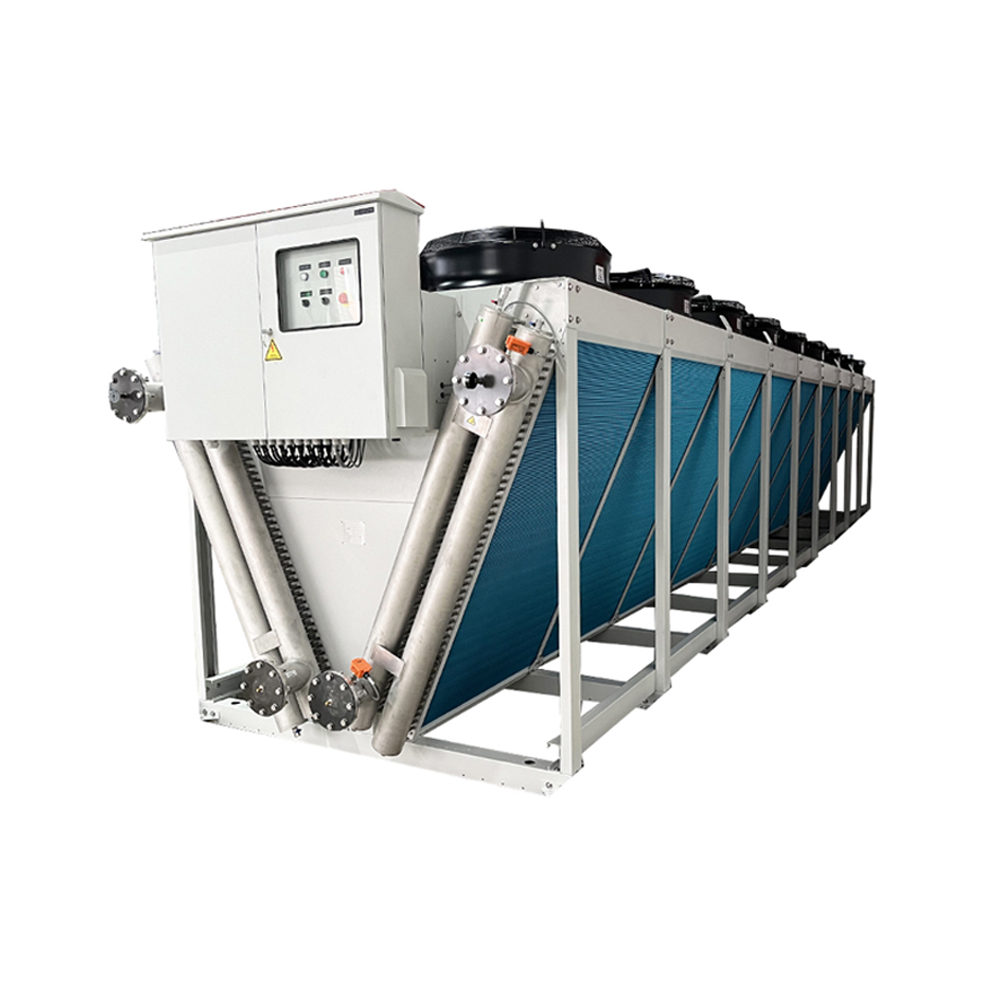
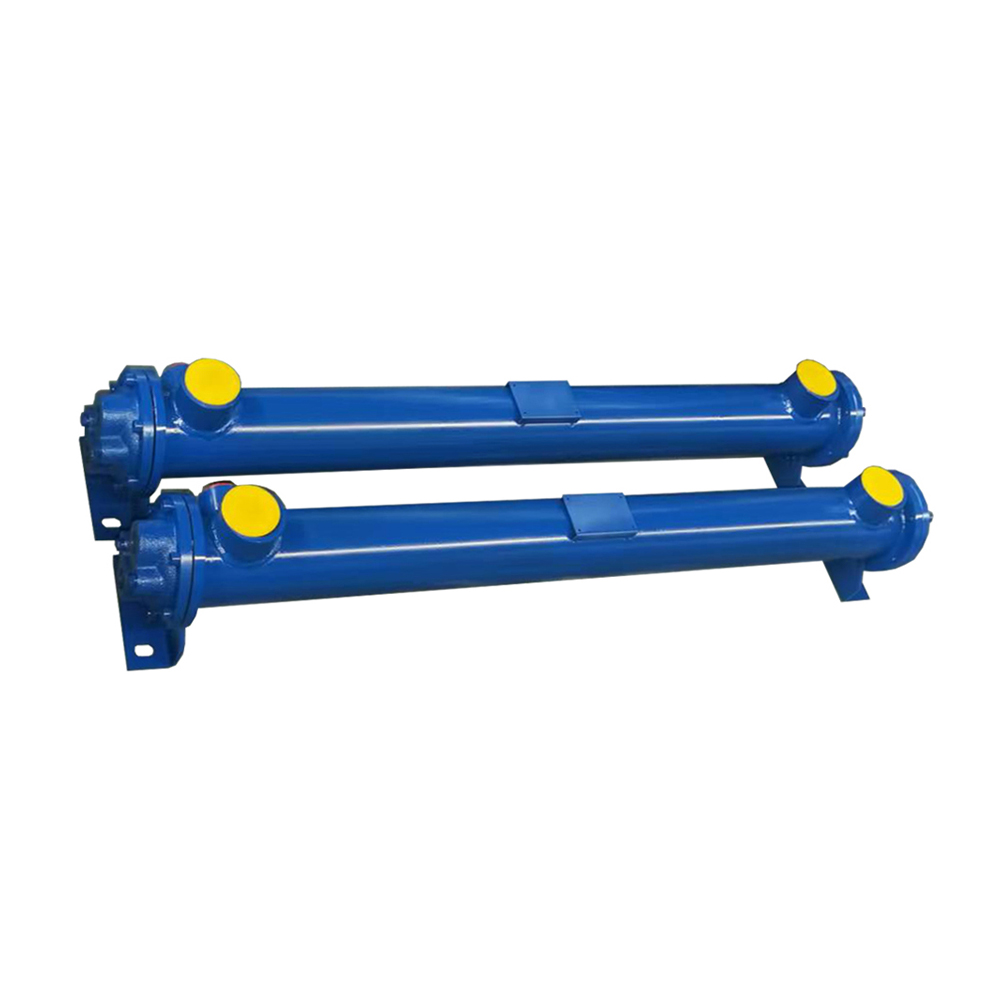
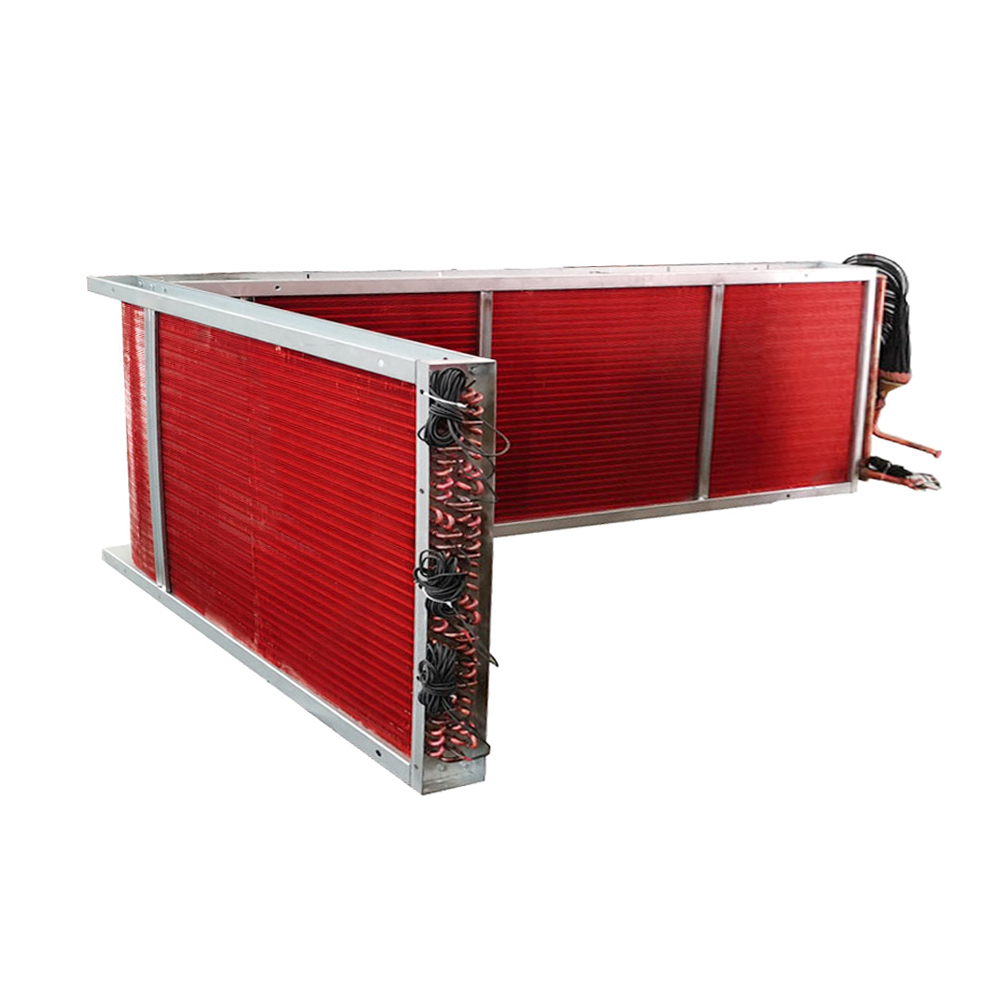
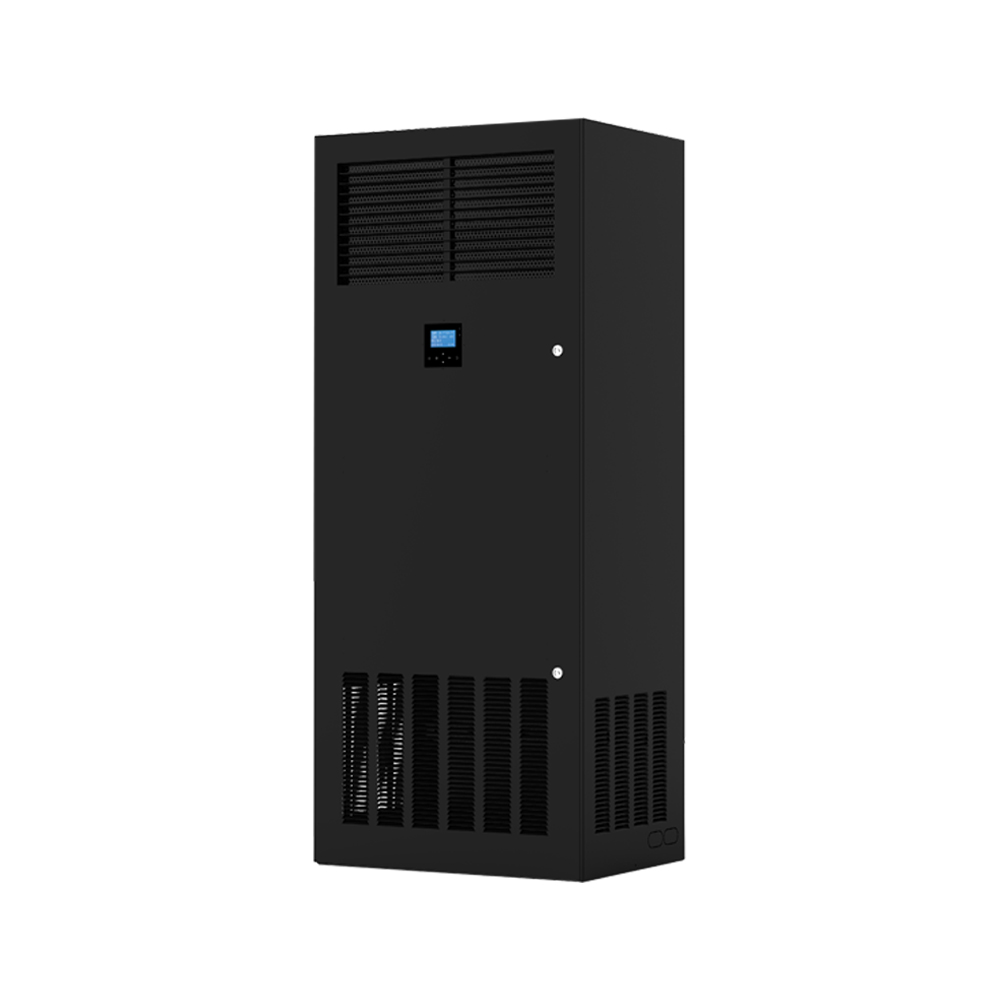
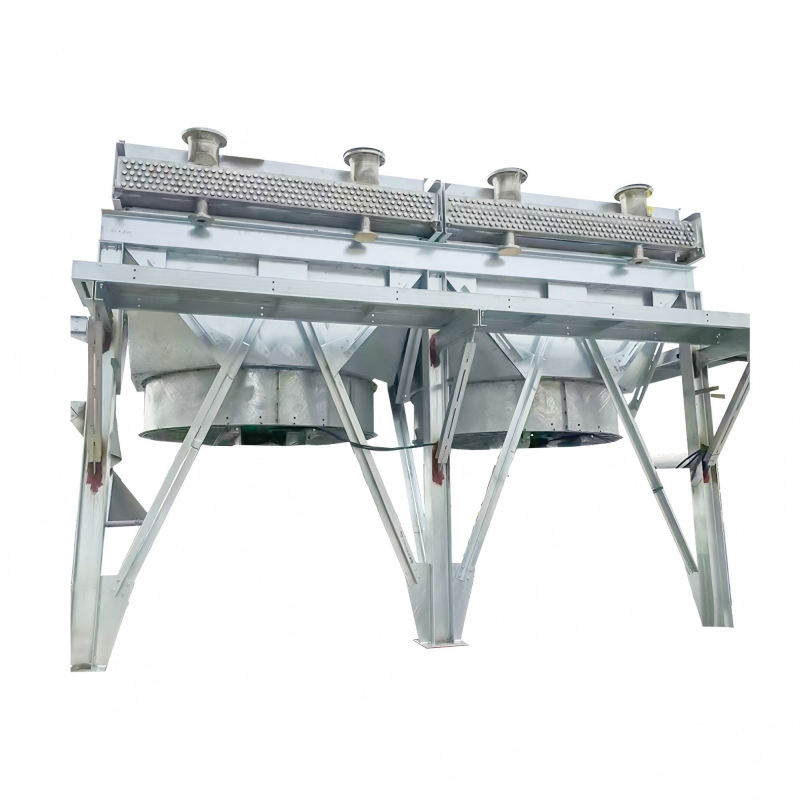
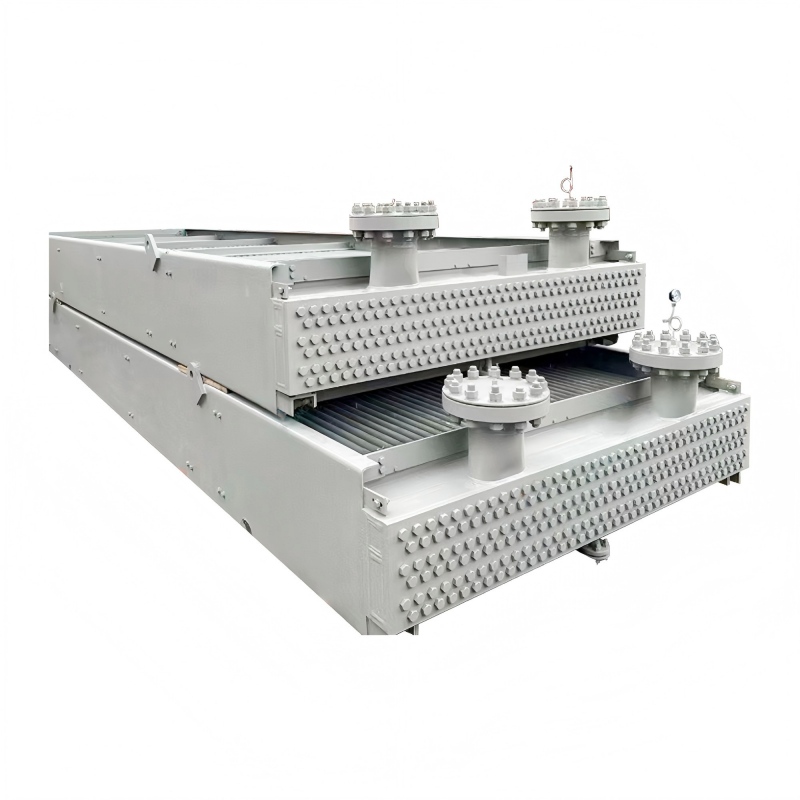
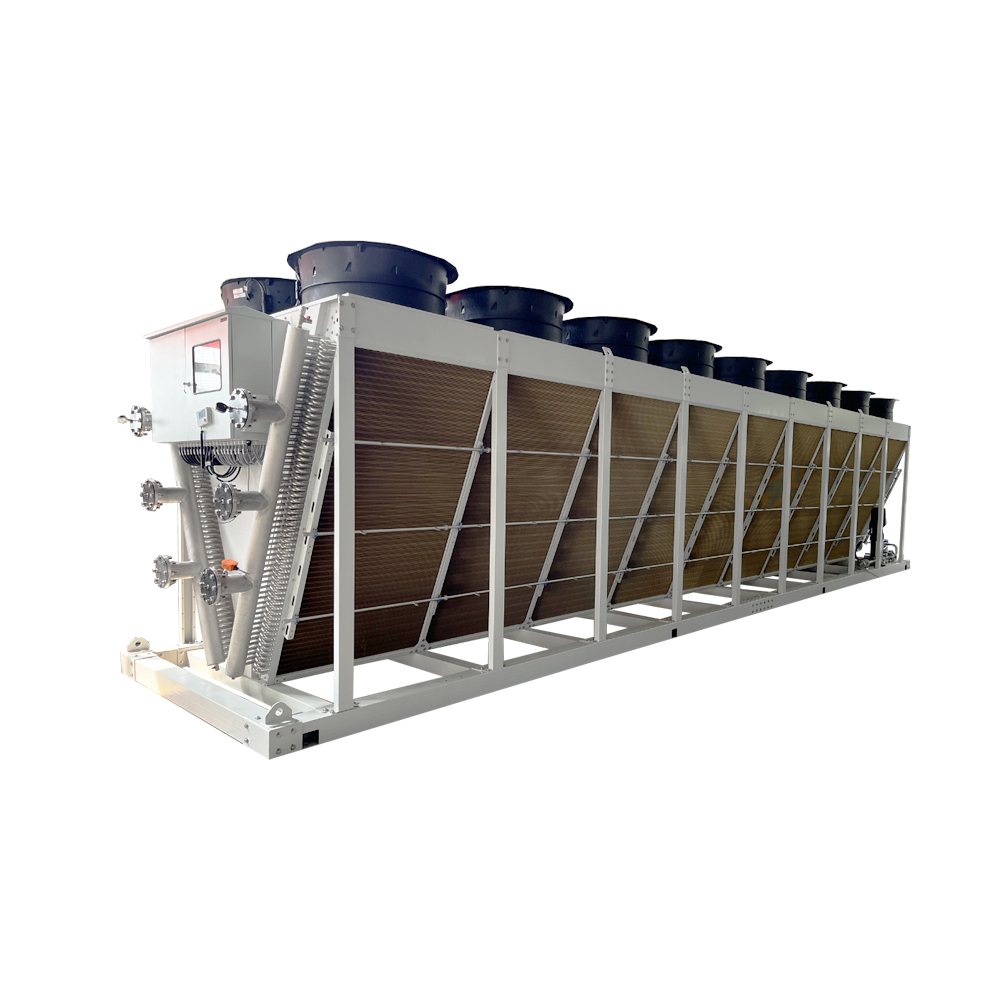
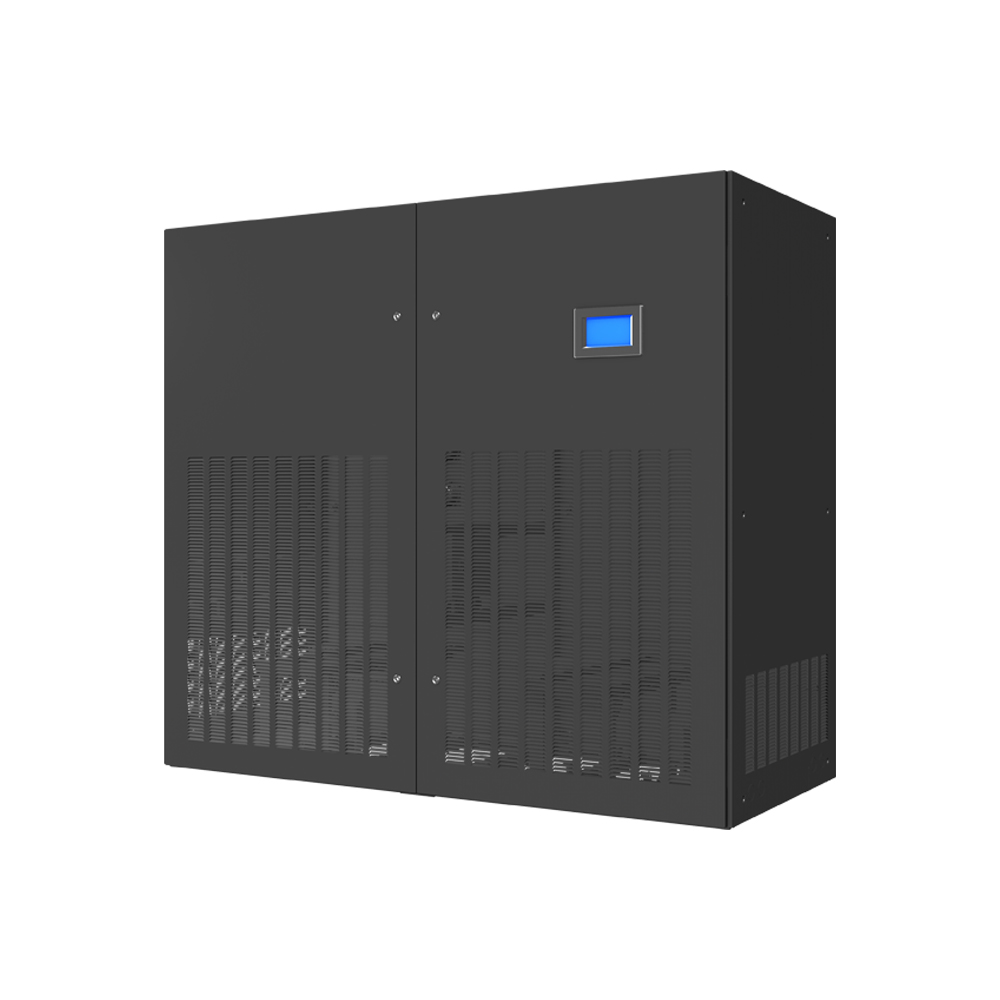

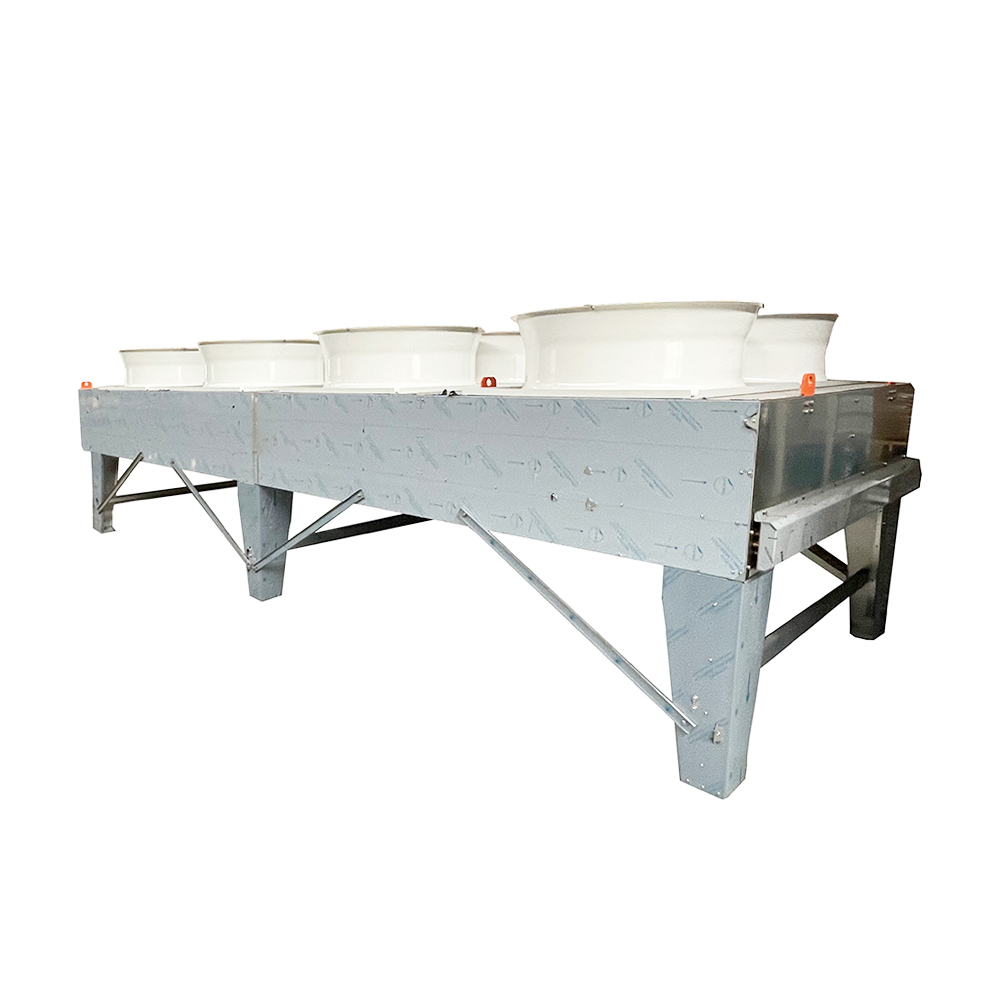
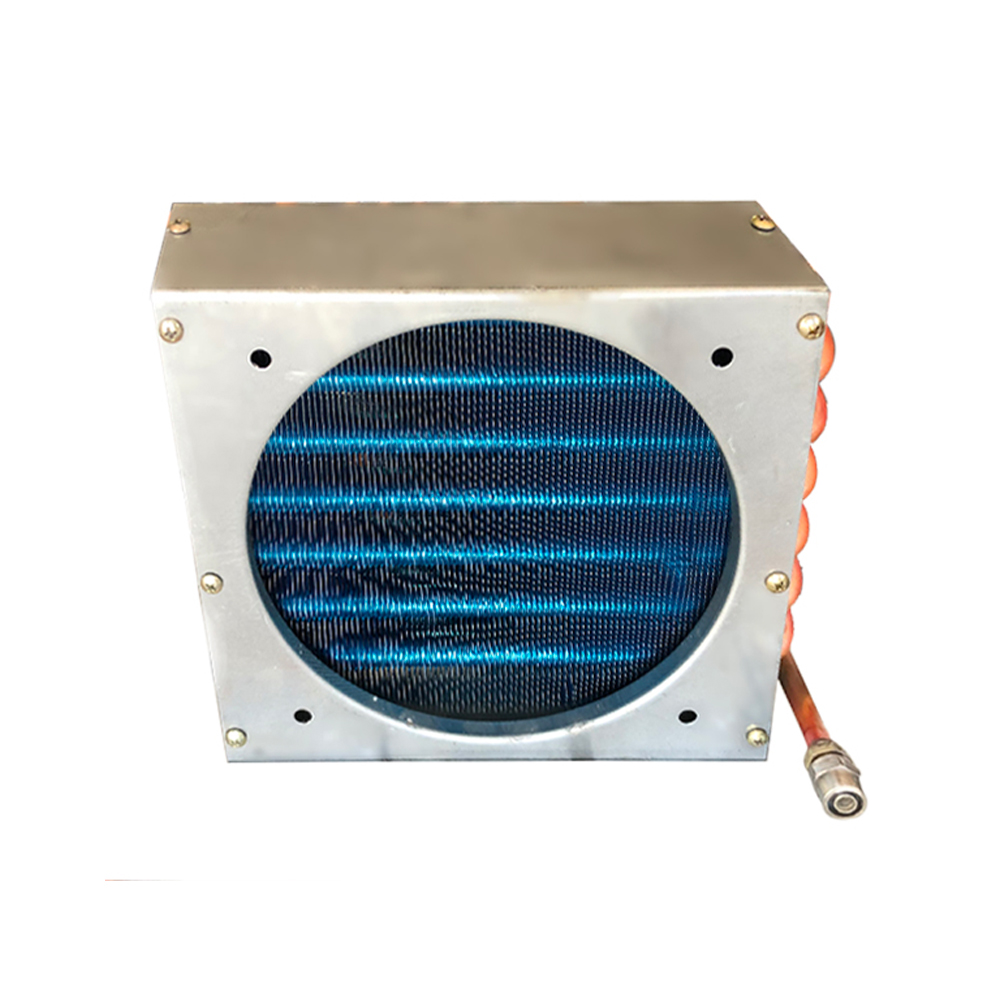
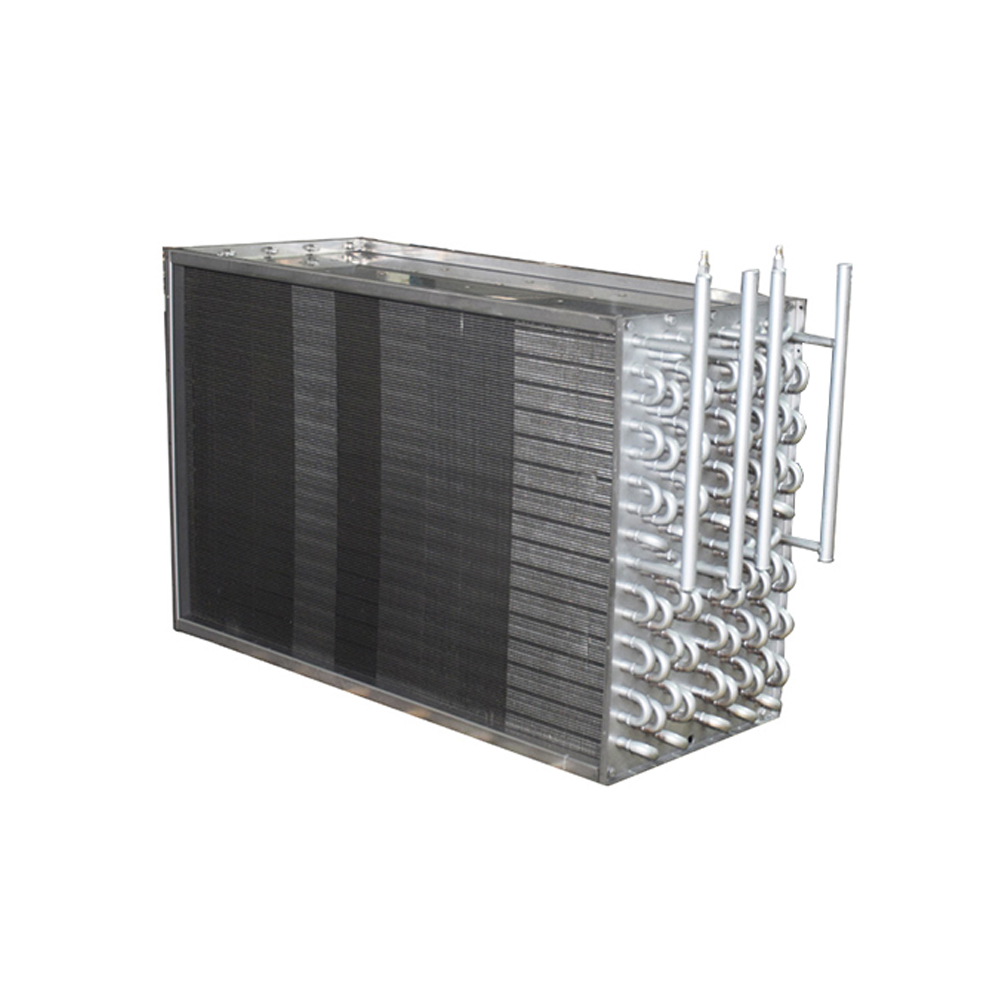
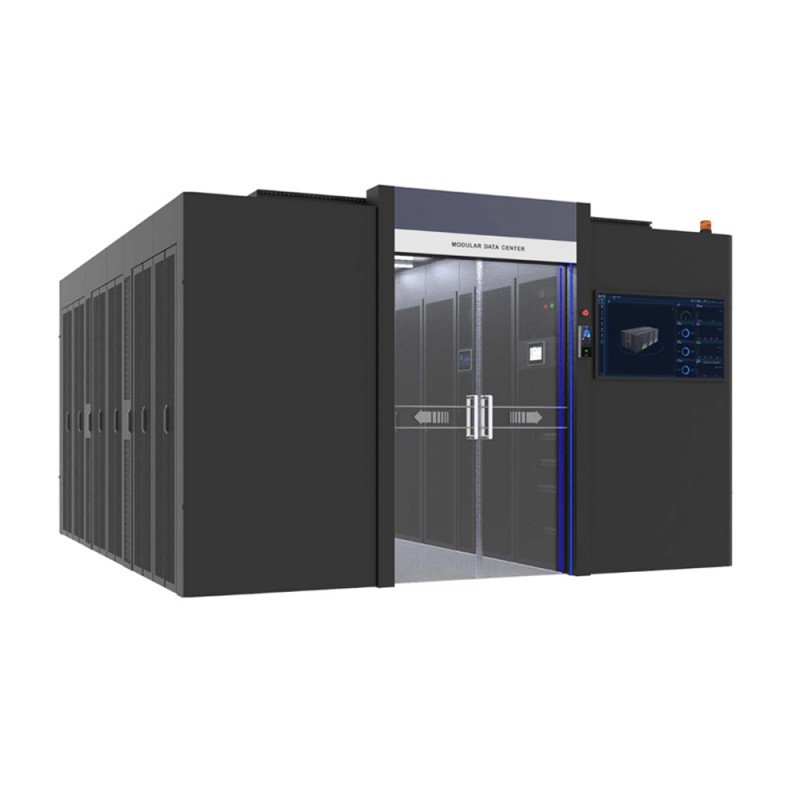
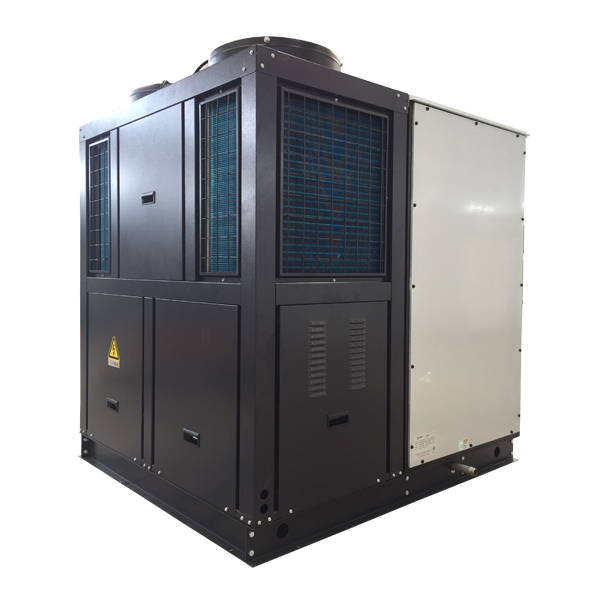
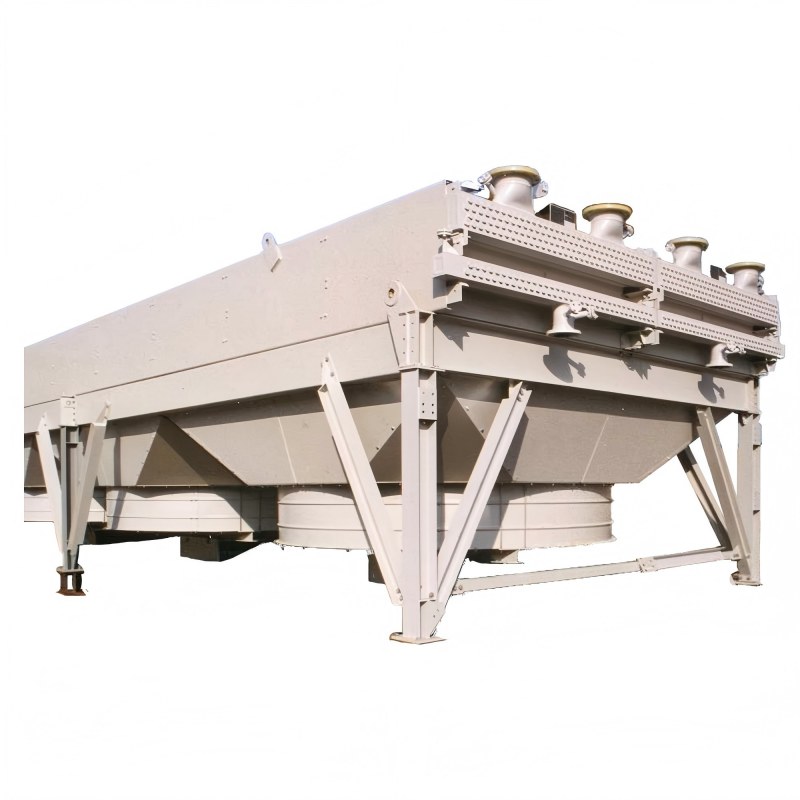
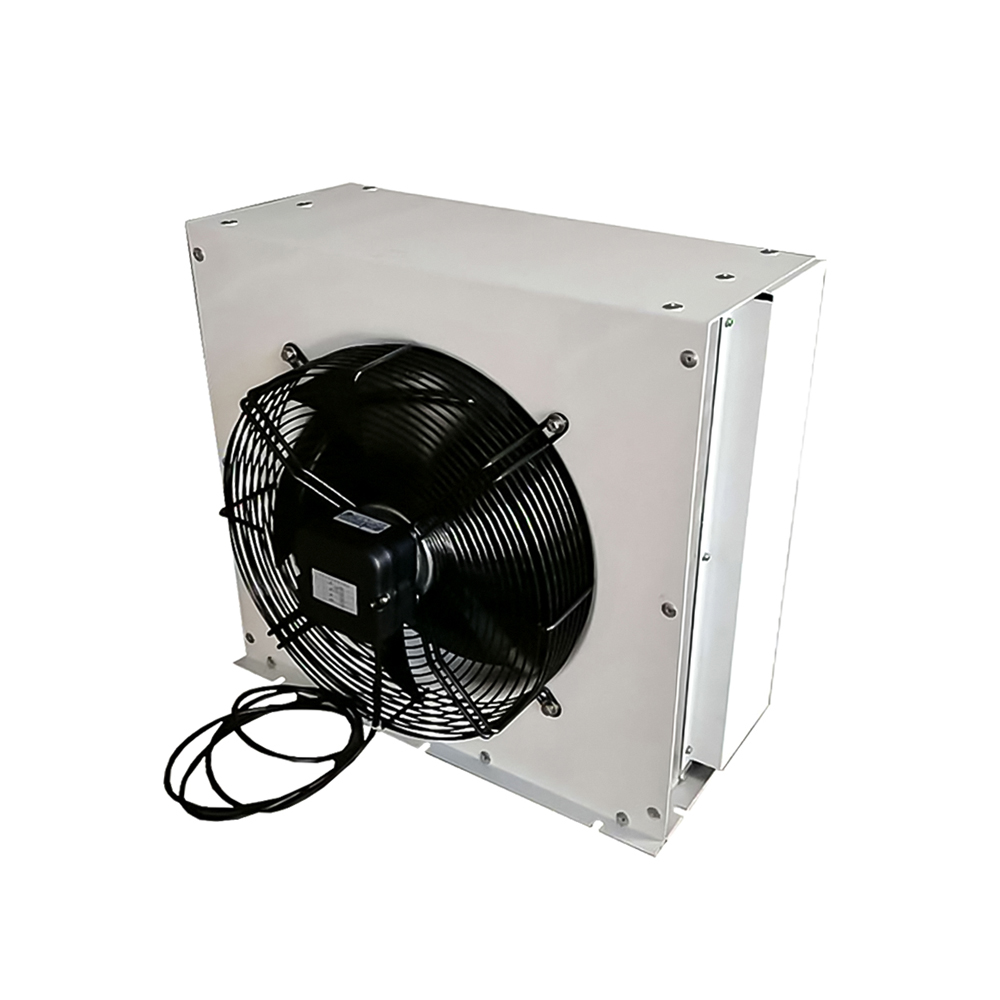
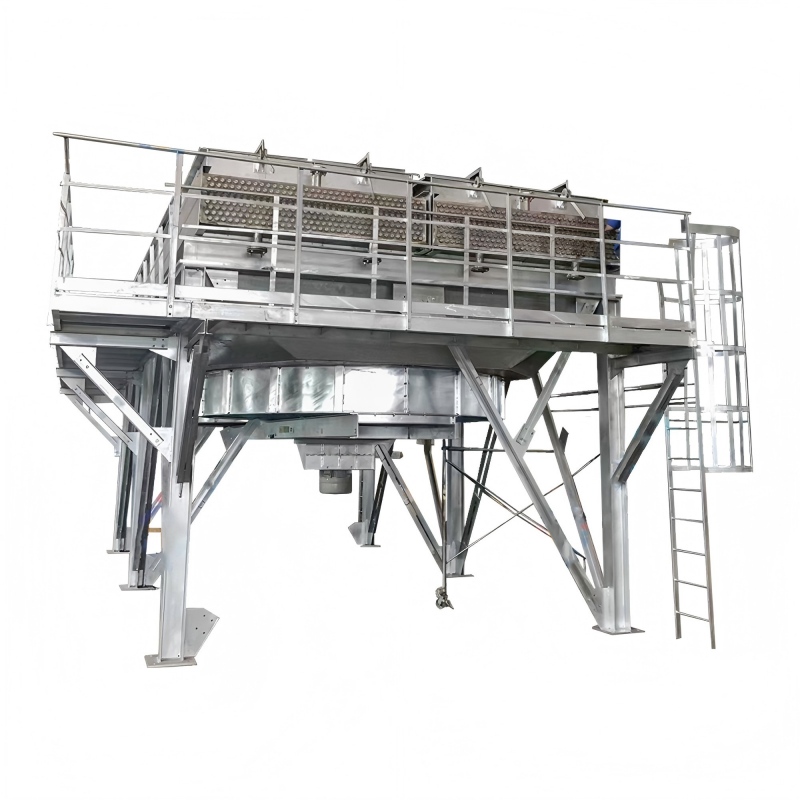
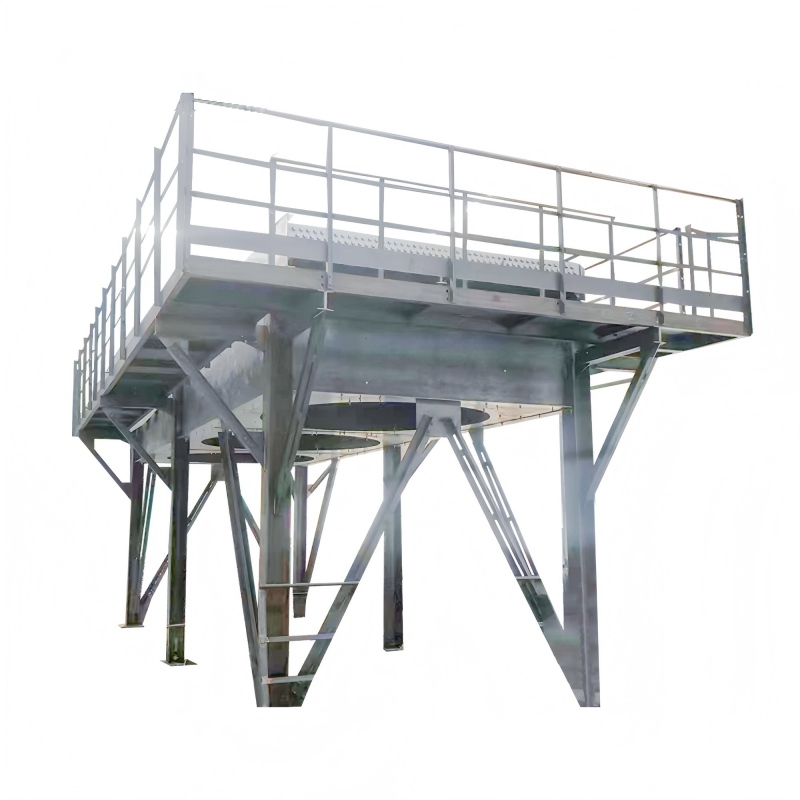
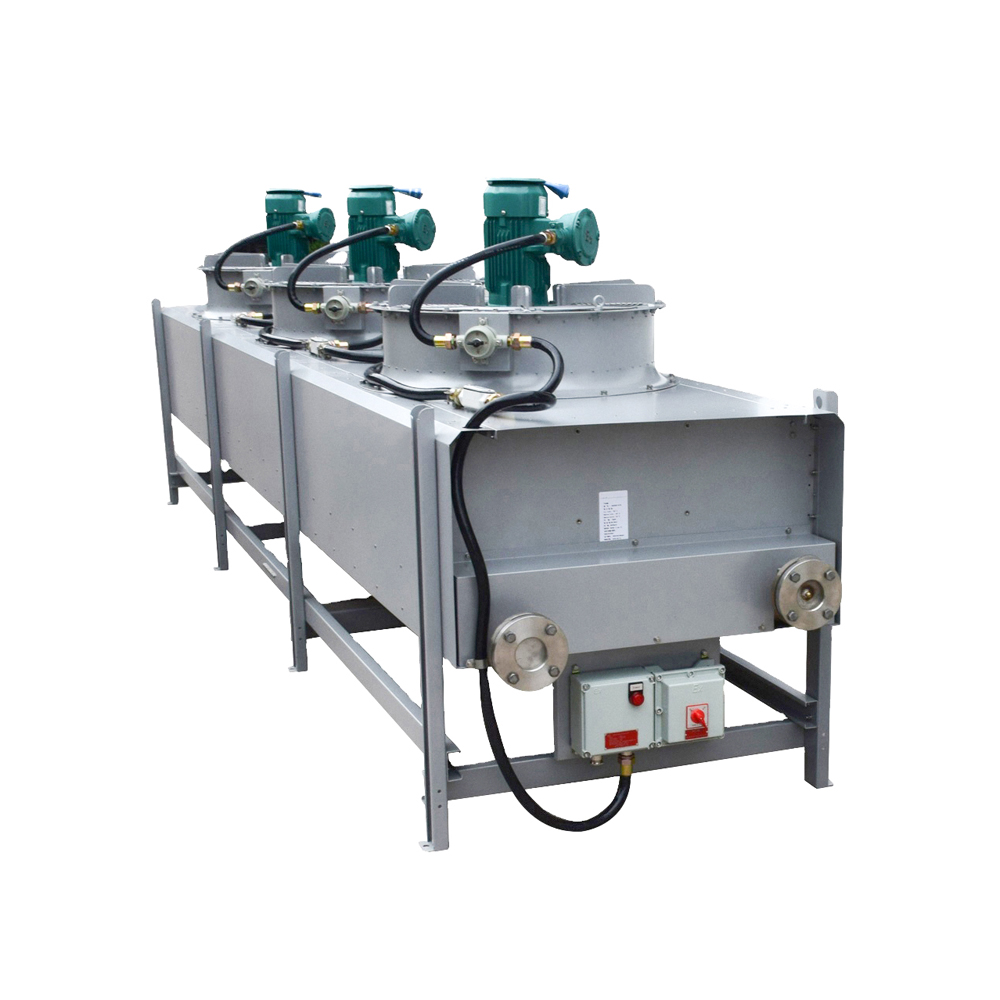
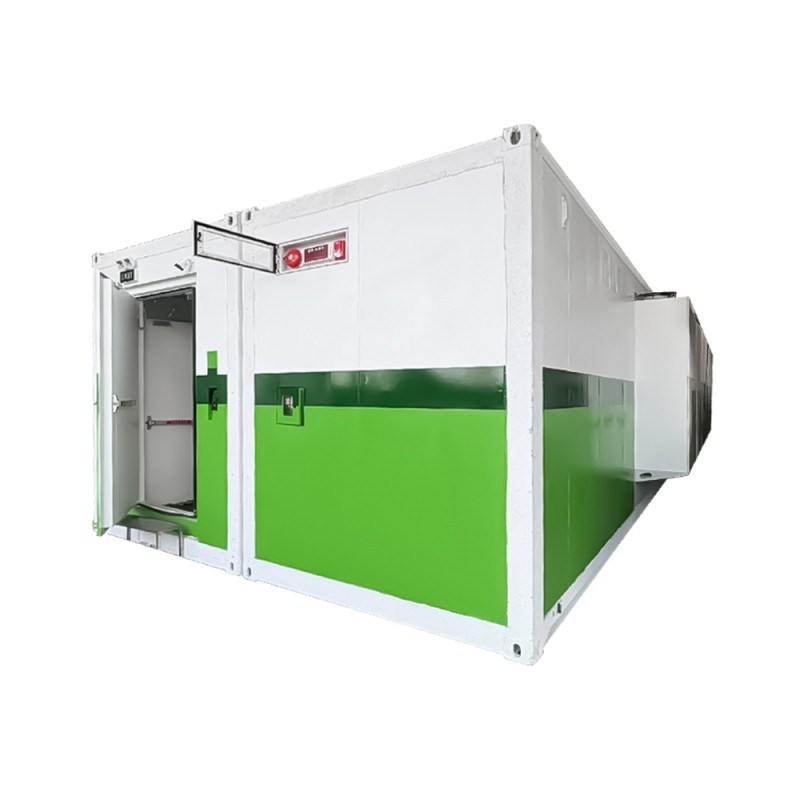
.jpg)